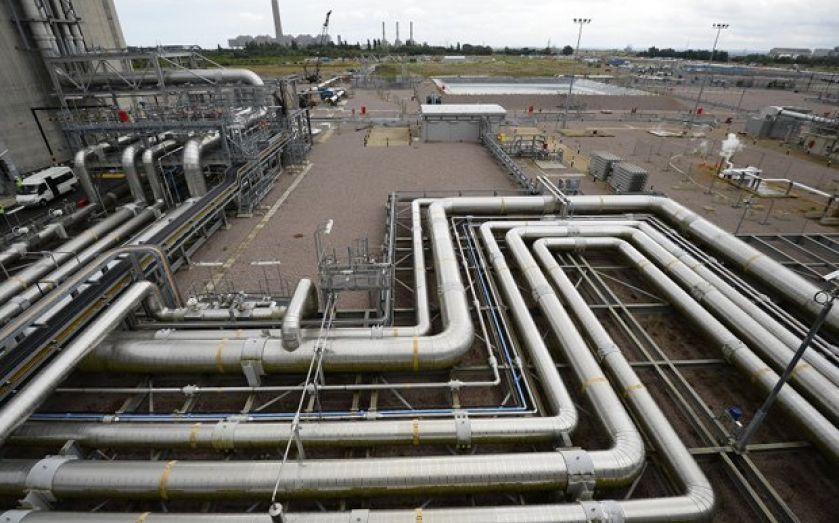Energy price fixing and tax hikes would quickly see economic reality bite

ED MILIBAND made two big new pledges in his speech yesterday: lower business rates for small businesses, paid for by higher corporation tax on larger firms; and a freeze in energy prices for 20 months from the date of the next election. Economic reality would quickly bite for any government that tried to introduce either policy.
There is nothing wrong with cutting business rates. Lower rates would be a relief for many – particularly small firms and retailers. They often effectively pay half as much again on top of rent. But higher corporation tax rates for larger firms would not raise government revenue, except maybe in the short term. Just as firms in competitive markets cannot increase profits by charging higher prices, governments cannot just hike taxes and expect more revenue in return. Higher corporation tax will drive away investment and mean fewer jobs, lower wages and – in short order – less revenue for the state.
If Miliband wants to lower business rates, there are better ways to finance it: cut wasteful spending; or cut corporation tax. Research for the TaxPayers’ Alliance by the Centre for Economics and Business Research has shown that lower corporate rates mean higher revenue within a Parliament.
The sums are even starker when it comes to his barmy energy policy. Government energy targets require massive investment – around £200bn. Miliband does not think those targets are too tough; he thinks they are too soft. He pledged that, under a Labour government, the target would be complete decarbonisation by 2030.
For investors to back a project like that, they must be confident they will make a decent return. Otherwise they will find a new home for their money. More investment means more profit. More profit means higher prices. You cannot mandate a freeze in prices and still back massive investment in expensive energy sources like offshore wind.
What happens when the price freeze ends? Will the market be allowed to return to equilibrium with more rapid price rises, or is the energy price fix – in reality – a permanent feature?
Thanks to the current government’s Energy Bill, politicians already have unprecedented control over the market. Liberum Capital has said that the Energy Bill amounted to “the effective renationalisation of the investment decision process in the power sector”, with government enjoying more power over what kind of power plant is built, when and where, than when the sector was nationalised. But freezing prices goes much further and will end in tears like all attempts at price fixing.
What happens if there is a spike in wholesale gas prices – perhaps because of a crisis in the Middle East? It is easy to imagine a government confronted by the stark choice between ending the freeze or bailing out the sector, and completing that creeping process of nationalisation. The policy also raises the already serious risk of blackouts.
Voters are sick of seeing prices rise faster than their incomes. The pressure on living standards means that the measures announced yesterday could well be popular. The government must offer a better alternative. It must scrap regulations that drive up prices and taxes that depress incomes. Otherwise it risks giving Miliband an opportunity to implement the crazy policies he is proposing.
Matthew Sinclair is chief executive of the TaxPayers’ Alliance.
- Labour declares war on business
- How Labour can deliver on its pledge and tackle London’s housing drought
- Centrica labels Labour plan as a recipe for ruin
- Developers deny landbanking as Miliband vows to fine building firms sitting on valuable plots
- Balls to restrict pension tax relief for wealthy
- Business groups tear into Labour plan to scrap corporation tax cut
- Latest polls put Labour eight points ahead
- Miliband’s lurch to left is a recipe for disaster